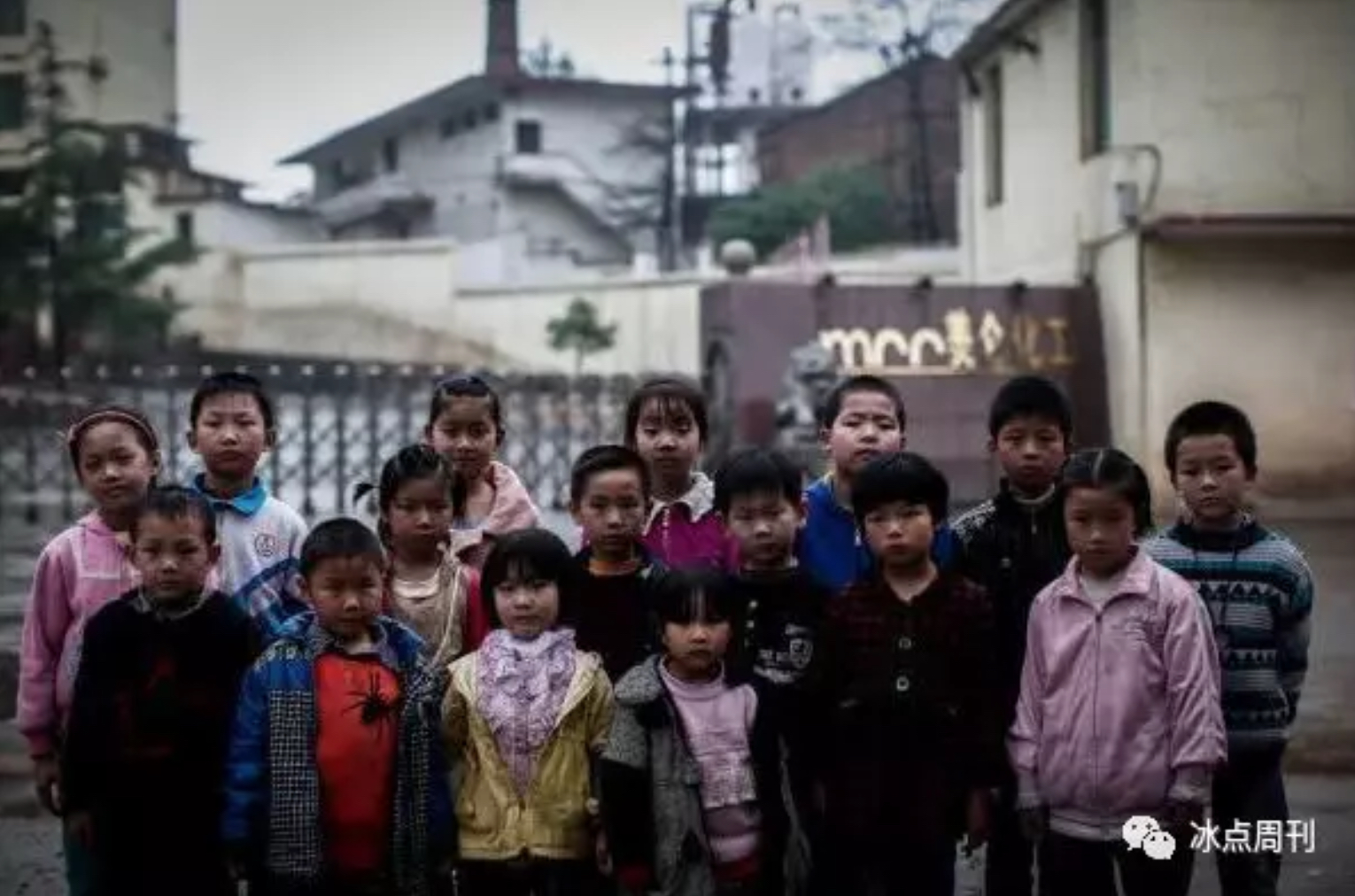Chinese Corner: TikTok does no good for the Chinese music industry
Chinese Corner: TikTok does no good for the Chinese music industry

TikTok does no good for the Chinese music industry
现在的华语新歌不靠抖音就火不了吗?
Has TikTok become indispensable for Chinese songs going viral?
By Jiǎ Xiǎofán 贾小凡
November 24, 2018
The year 2018 was triumphant for Chinese music — or maybe not. It all depends on if you are a frequent user of the massively popular short-video app TikTok — called Dǒuyīn 抖音 in China — and genuinely appreciate the music used in an endless stream of lip-sync videos created by its users.
It’s undeniable that TikTok serves as a platform for Chinese musicians to promote their work. It was the most downloaded non-game app in the Apple App Store globally in the first quarter of 2018. After its $800 million merger with musical.ly in the summer, TikTok now boasts over 500 million monthly active users around the globe. They are mostly teens and young adults, who comprise a tech-savvy and easily distracted generation that tends to consume music more casually and passively. As the internet offers them a bottomless bag of interesting stuff to enjoy, the Chinese music industry has found it excruciatingly difficult to grab their attention.

In that regard, TikTok opens a new world of possibilities. Accompanied with addictive visuals and chopped into a 15-second snippet that fits people’s increasingly shrinking attention spans, music on this platform is always presented as a component of viral content. As a matter of fact, the meme-ification of music has been working extremely well for some Chinese artists. According to a 2018 list of the 50 most-streamed artists on QQ Music, one of China’s most popular music service providers, a significant portion of them have released songs that once reigned supreme among videos of lip-syncing and pre-scripted skits on TikTok.
But what’s troubling is that if you look closely at the lists, an interest fact emerges: Many of these songs seem to be made exclusively for the platform and tailored to be digested in bite-sized clips. For Chinese musicians who have a desire to exploit TikTok, they often sacrifice their musical integrity for bite-sized bits of music that have the potential of going viral.

In this essay, author Jia Xiaofan offers an analysis of the Chinese music industry in 2018 and how the dominance of TikTok affected Chinese musicians. According to Jia, writing shallow lyrics and infectious melodies can momentarily benefit Chinese artists as individuals. But for the whole music industry, TikTok is no good.


The bike-sharing dream is dying
共享单车大败局,中国创业史上最疯狂的试错
The debacle of bike sharing: The craziest mistake in the history of Chinese entrepreneurship
By èrshuō 二说
November 29, 2018
It’s understandable if you can’t remember the time when bike sharing was heralded by Xinhua News Agency as one of the “four great inventions of modern China” and The China Project called it “a real Chinese innovation.” It was the summer of 2017. But it feels so distant after a recent onslaught of negative news about the bike rental business in China.
For Mobike, one of the world’s biggest smart bike-sharing companies, its acquisition by Meituan in April did little to curb its continuous loss of active users. In September, Bloomberg scrutinized user numbers claimed by Mobike and found that the bike-sharing giant had been inflating figures, even after the acquisition. Meanwhile, Ofo, Mobike’s major rival in the business, has been significantly scaling back its global operations amid a cash crunch.
So what happened here? On-demand bike services were supposed to be a revolution, with deep-pocketed investors like Alibaba and venture capitalists pouring money into the market. But now the hype has faded away, it’s clear that the core business model is full of problems.


Why are there so few women in tech?
女程序员:闯入男性领地,她们是行业里不足8%的“外来者” | 深度
Women engineers: They break into a male-dominated territory as “outsiders” who only make up less than 8 percent of the workforce in the industry
By Xuězhú 雪竹
November 25, 2018
Chinese tech companies are in desperate need of more women engineers. In an interview with Guokr, a popular science website in China, a tech director working for a software company said, “The IT industry is where female employees face the least discrimination. When we hire engineers, women enjoy a big advantage over men. A massive one. We are down to hire every female job applicant as long as she’s not outright incompetent.”
Despite the strong preference — which some might argue is inherently sexist as an overly aggressive move to fix the long-existing gender disparity in the field of technology by lowering standards of hiring — in the tech director’s firm, women are still of the minority, making up for less than 5 percent of all engineers. Most of them are front-end developers, who earn significantly less than engineers at the back end.
It’s convenient to assume that the easiest way to solve the gender gap in Chinese tech companies is to hire more women. But in reality, this article says, there are many other factors, including the resilient “brogrammer” culture, and subtler forms of discrimination that have been deterring women from learning to code in the first place.


Poisoned by lead, seven children win landmark pollution case
孩子站在化工厂前 这个事实比铅还重
When children stand in front of a chemical factory, the facts weigh heavier than lead
By Hú Níng 胡宁
November 29, 2018
On September 12, after a legal battle that lasted almost four years, families of seven lead-poisoned children in Hunan Province finally reached a settlement with a chemical plant that was found guilty of illegally dumping toxic waste.
The outcome, however, was hardly a victory for the children, who are likely to suffer lifelong consequences of six-year-long lead exposure. According to Dài Rénhuī 戴仁辉, the lawyer for the children, accepting a compensation ranging from 40,000 yuan ($5,850) to 90,000 yuan ($13,160) was a compromise that these angry families had to make after “a marathon of attempts to trample on their rights.” At the outset of the lawsuit, 53 victims agreed to join. Along the way, most of them opted to quit due to threats from government officials and the sheer amount of energy it took to get their voices heard. After multiple rounds of trials and appeals, only seven of them made it to the end.

Below are some other articles that piqued my interest this week:
- “女权”入主娱乐圈 The rise of feminism in Chinese showbiz
In an industry where objectifying women is pervasive and persistent, some female entertainers are standing up against the sexist culture. - 寻找“陈安之” Searching for “Chén Ānzhī”
On Weibo, there are hundreds of people claiming to be Chen Anzhi, a self-help “expert” who offers expensive courses on leadership, and self-improvement. While the real Chen Anzhi denied any connection with imposters, who seem to be operating as a group, a deep dive into the network reveals Chen’s significant role in constructing a multi-level firm that resembles a pyramid scheme in many ways. - 中国有多少人看不到医生 How many people in China have no access to doctors?
What seems like an absurd question is actually worth asking. - 中国医改十五年 China’s 50 years of medical reform
- “中国科幻最大IP”刘慈欣与他背后的“中国制造” Liu Cixin, owner of the biggest IP in Chinese sci-fi, and the “Made in China” initiative behind him
Liu Cixin’s The Three-Body Problem is a worldwide sensation, but the craze surrounding his work doesn’t bring much attention to Chinese sci-fi in general. - 土味审美正在摧毁我们的下一代 Bad aesthetics are destroying the next generation
When pragmatism prevails, aesthetics education gets sidelined. - 新疆说唱江湖 Hip-hop in Xinjiang
- 中国足球需要审计 Chinese football needs audits
- 什么狗屁人参,都是骗人的 Ginseng is a scam






